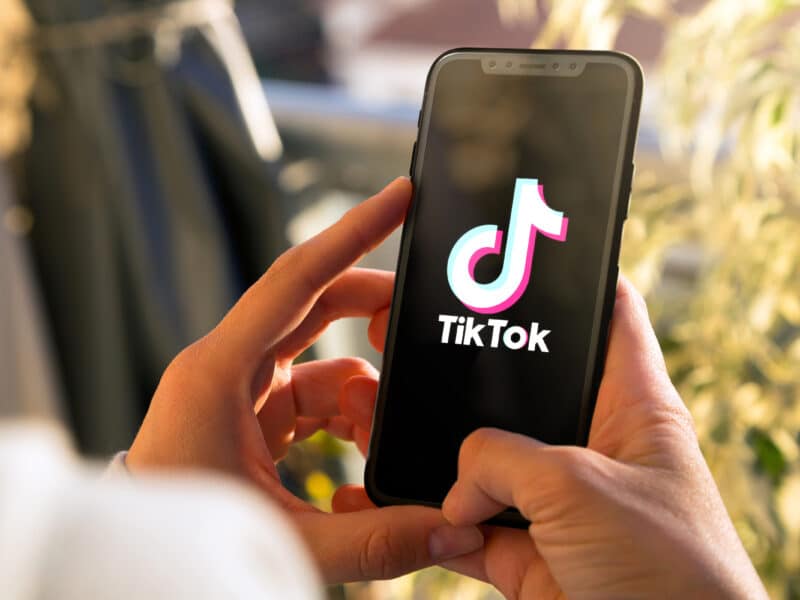Children’s experience
The digital world was not designed with children in mind. As our research shows, one in two under 18s struggles with addiction to digital devices, with massive impacts on their education, health and well-being. Harassment, eating disorders, suicide and online sexual abuse are soaring.
“I realise I have been addicted to TikTok. I replaced online gaming with scrolling videos.”
Nora, 11
“Games that are never-ending are addictive, they kept me going back because I could never finish them”
David, 10
Risky by design
The digital economy is an attention economy. Persuasive design increases children’s engagement and determines their activities and the decisions they make online, stunting their creativity and development, and exposing them to a wide variety of risks.
Children’s rights
In addition to their human rights, all under 18s have specific rights that apply online as offline. These include rights to safety, privacy, health, education, development, play and rest, freedom from exploitation, and to participate and be heard.
“I want a digital world where every child and youth voice is heard and their rights are exercised and not just said”
Ren, 17
“Digital services should be accessible to all children and youth everywhere”
Andrea, 12
Towards new norms
Designing with children’s rights and needs in mind must be a global industry norm. 5Rights works for enforceable global regulatory norms, implementable technical norms, and new professional stakeholder norms.
Our programmes




Our work around the world
5Rights is globally active. In addition to our US, UK, Europe and Global Multilateral programmes, we run projects across Asia, Africa, Latin and North America.

United Kingdom
The UK, where 5Rights was founded, has pioneered digital regulation for children. With the world’s first enforceable Age Appropriate Design Code signed into law in 2020, complemented by the Online Safety Act in 2023, it is a key testing ground for policy innovation, and implementation.

European Union
The EU is a global normative and regulatory powerhouse. Its data protection regulation, the GDPR, underpins the Age Appropriate Design Code, whereas the Digital Services Act and AI Act have the potential to fundamentally reshape digital design norms for children.

United States
American companies created the internet as children know it today, and the US still hosts many of the world’s most innovative and powerful tech companies. Strengthening US regulation and working with the country’s dynamic industry ecosystem are critical to driving change for children everywhere.

Global
Children everywhere use the same tech, face the same problems, and have the same rights. A global, equitable, solution is needed. From the UN to the African Union, from Jackarta to Buenos Aires and Ottawa, a coherent body of global standards and best practices is taking shape with our support.
Latest
View all
Social media–style design is already in the classroom, new research finds
As Parliament debates banning children from social media, new research reveals that many of the same harmful design features are already embedded in the technology children use every day at school, raising concerns for children’s privacy, wellbeing and exposure to commercial exploitation in the classroom.

TikTok’s addictive design preliminarily found in breach of the Digital Services Act: a positive step towards protection of minors on online platforms
5Rights Foundation has been advocating for swift and robust enforcement of the DSA to protect minors online since its entry into force. The preliminary finding on TikTok addictive design is a long-awaited step to enforce European rules and finally deliver for children’s safety online.

Next steps for online safety in the UK: 5Rights sets the criteria for legislative action
In the coming weeks, Parliament will debate proposals on social media bans for under‑16s – a critical moment to strengthen the UK’s online safety framework. As children, parents, and civil society call for more ambitious protections, 5Rights Foundation is setting out clear criteria to ensure regulation delivers real‑world change.

UK Information Commissioner issues first financial penalty under the Children’s Code
The UK’s Information Commissioner’s Office (ICO) has fined MediaLab, owner of image-sharing platform Imgur, £247,590 for misusing children’s data, in a long-overdue enforcement action under the Age Appropriate Design Code.

